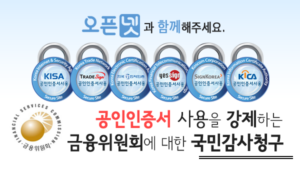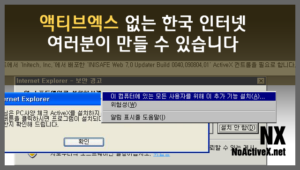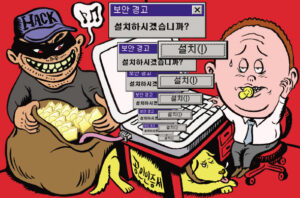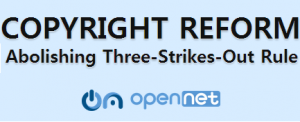Press Release
![[Press Release] German Broadcasters ARD and ZDF Should Apologize to Korea and the Korean People “The Whole World Is Watching”](https://www.opennetkorea.org/wp-content/uploads/et_temp/독일-공영방송은-사과하라-1024x1024-1-242571_1024x675.jpg)
[Press Release] German Broadcasters ARD and ZDF Should Apologize to Korea and the Korean People “The Whole World Is Watching”
March 6, 2025by the Network for Freedom of Expression Against Hatred and Censorship (abbreviated...
German broadcasters ARD and ZDF should apologize to Korea and the Korean people “The Whole World Is Watching”
On February 25, a documentary about 30 minutes long titled 'Inside Korea - State Crisis in the...
[Joint Statement] Ryu Hee-rim, the Korean Communication Standard Committee Chairperson, Must Resign Immediately!
On December 3rd, as the fear of martial law resurged, the Korean Communication Standard...
[Joint Statement] President Yoon Suk-yeol Must Immediately Lift the Unconstitutional ‘Martial Law’!
We condemn President Yoon Suk-yeol’s declaration of martial law during a time of peace, labeling...
![[Right to Know Infringement Task Force][Parliamentary Forum] Yoon Seok-yeol government’s Attempt to Legalize Information Concealment: Issues and Tasks of the Revision of the Officla Information Disclosure Act](https://www.opennet.or.kr/wp-content/uploads/2024/11/정보공개법-토론회2-1024x684.jpg)
[Right to Know Infringement Task Force][Parliamentary Forum] Yoon Seok-yeol government’s Attempt to Legalize Information Concealment: Issues and Tasks of the Revision of the Officla Information Disclosure Act
On November 11, 2024, the Civil Society Organizations Network held a parliamentary forum titled...
LITIGATION
Open Net Won the Personal Information Disclosure Lawsuit against KT
Open Net General Counsel Kelly Kim won the lawsuit for the disclosure of her personal information...
Open Net Successfully Defended the Police Defamation Victim HONG Ga-hye at the Supreme Court
Open Net provided legal support to Ga-hye Hong, who was accused of "defamation of the maritime...
Open Net Filed a Constitutional Challenge against the Mandatory Mobile Phone Registration Law
Please read the Korean original here.
Court of appeals confirmed that the blocking of “North Korea Tech” website is unlawful
Court of appeals confirmed that the blocking of “North Korea Tech” website is unlawful The right...
Open Net Won the Lawsuit against KCSC’s Illegal Blocking of northkoreatech.org!
Open Net Won the Lawsuit against KCSC’s Illegal Blocking of northkoreatech.org! On April...
OPEN SEMINAR
Problems of the Election News Reporting Regulation System and the Potential Methods of Improvement in Line With the Constitution
Open Net Legal Counsel Jiwon Sohn participated in a discussion on the "Problems of the Election...
[Presentation] Webtoon Platforms and Art Labour
Open Net researcher Kyougnmi Oh gave a presentation titled “The Webtoon Platforms and Art Labour”...
[Press Conference] In Condemnation of ‘Jeonju Gender Equity’ for Its Decision to Censor and Discriminate Based on Artists’ Conscience
*An English translation is currently unavailable for this publication. You can find the original...
APrIGF 2022 ‘Future of Work: Achieving a Sustainable Gig Economy’ Session Participation Review
see https://www.opennet.or.kr/21980 for Korean post
[Statement] National Assembly Science and ICT Committee ‘Network Usage Fee Act’ Public Hearing
see https://www.opennet.or.kr/21785 for Korean post
COURT ACTIONS
No Results Found
The page you requested could not be found. Try refining your search, or use the navigation above to locate the post.
education
Open Net Submits Opposition to the Criminal Law Amendment that Restricts Criticism of the Deceased
Open Net Korea submitted an opposition statement to the National Assembly on August 14, 2025,...
Democratic Party’s Push for the ‘Korean-Style DSA’ Must Align with International Human Rights Standards
The Democratic Party of Korea is pursuing a new law imposing liability on internet platforms for...
Open Net Wins at Supreme Court : Submitting Personal Information in Complaints Does Not Violate PIPA
The Korean Supreme Court, in its decision on August 28, 2025 (2025Do6239), ruled that including...
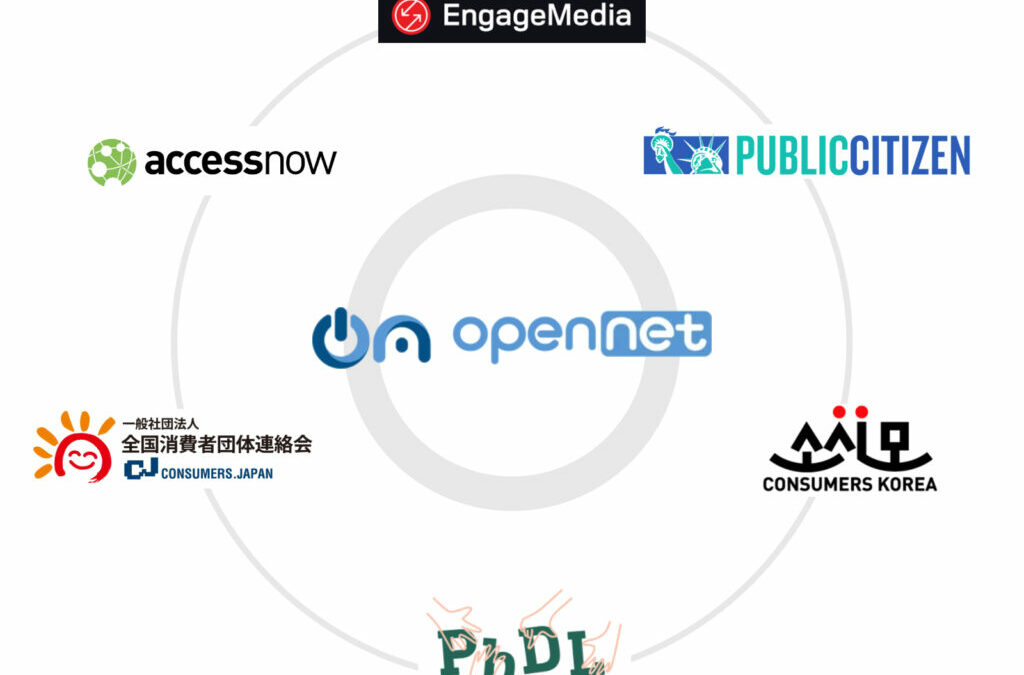
GPA 2025 SEOUL: Open Net is Advancing Asia Pacific Digital Consumer Dialogue, a CSO alliance to engage treaty makers
Advancing a Digital Consumer Dialogue in the Asia-Pacific On the side line of Global Privacy...
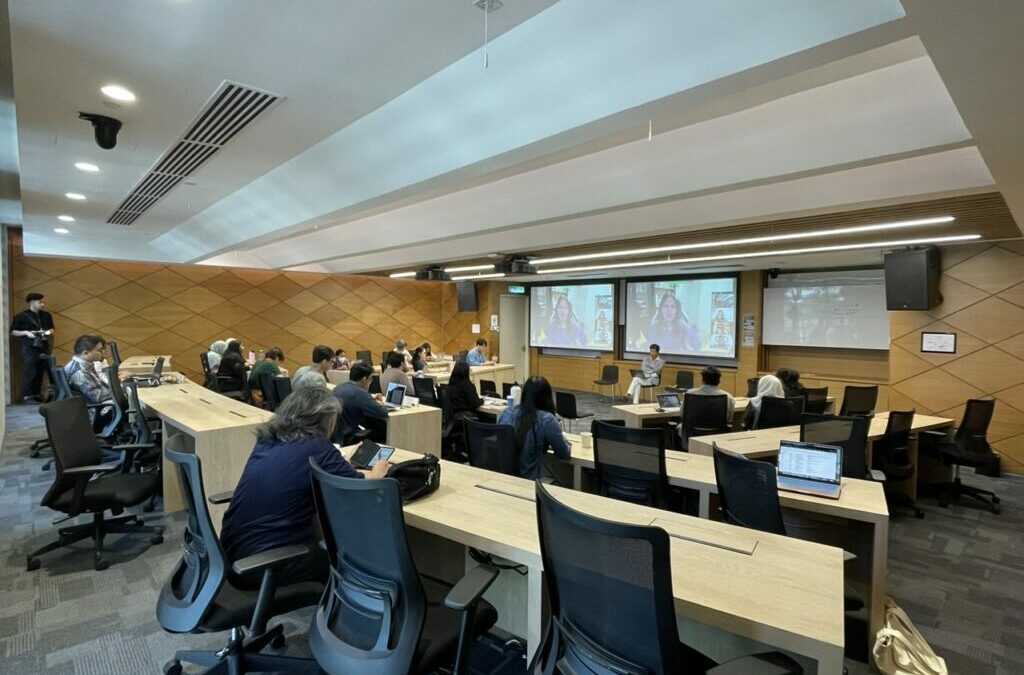
DRAPAC 2025 Kuala Lumpr: Age gating and human rights
Open Net jointly hosted a workshop at DRAPAC 2025 on August 27, 2025 with Electronic Frontiers...
POLICY RESEARCH

Open Net Co-hosted “Fake News and False Information, Threats to the Freedom of Expression” at the National Assembly
Open Net co-hosted “Fake News and False Information, Threats to the Freedom of Expression" seminar...

Open Net Hosted “Where is Net Neutrality Going in the Age of 5G” Seminar at the National Assembly
pen Net co-hosted a seminar on net neutrality “Where is Net Neutrality Going in the 5G era” with...

Open Net co-hosted the Korea Internet Governance Forum (KrIGF) 2018
Open Net co-hosts and is on the Program Committee of the 'Korea Internet Governance Forum...

Open Net Hosted “The Future of the Internet Ecosystem” Conference to Celebrate 5th Anniversary
Open Net hosted “the Future of the Internet Ecosystem” conference to commemorate its 5th...

Open Net Co-hosted a Talk, “the Present and the Future of the Internet”
Open Net co-hosted a talk with two Internet Hall of Fame winners, Vice President for Google Vint...
CAMPAIGN
Stop Internet Censoring
We have seen many attempts to censor the Internet under the pretext of copyright protection. Notorious attempts are SOPA and PIPA of 2012, which triggered the largest online protest in history and was eventually withdrawn, and ACTA, a plurilateral trade deal killed by the European Parliament in 2012. Now, Korean government tries to enact a much stronger internet censoring rule. If it passes the legislative body, a copyright protection agency may cut off access to websites that the agency views as copyright infringing. The concerns over mass surveillance and privacy vulnerabilities by the proposed rule are widespread amid the government’s new drive to block “https” traffic by SNI eavesdropping (See, press release of Korea Communication Commission on February 12, 2019 and press release of MCST on May 2, 2018, both in Korean).
Intermediary Liability Campaign
Korean law (Copyright Act Article 103, Information Communication Network Act Article 44-2) requires intermediaries to take down all content for which anyone sends a takedown notice, regardless whether the content violates any right or law, not as a condition of qualifying for a safe harbor but as a positive obligation. As a result of this ‘mandatory’ notice-and-takedown system, the intermediaries are forced to take down thousands of contents daily which they believe to be perfectly lawful. Also, Korean laws require some intermediaries like P2P and cyberlockers to implement ‘technical measures’ to filter out copyright infringing material (Copyright Act, Article 104) and obscenity (Telecommunications Business Act Article 22-3 Paragraph 1), and requires all intermediaries to implement technical measures to filter out child pornography (Children and Juvenile Sex Protection Act Article 17). These ‘technical measures’ requirement ends up requiring the intermediaries to monitor each and every third party content posted on their services, turning the Internet into a space open to only those contents implicitly permitted by the intermediaries.
Open Net Korea has engaged in various efforts to bring the Korean law into compliance with the international norm, including but not limited to participating in the Steering Committee of the Manila Principles for Intermediary Liability, co-authoring a Good Practice Guideline for Intermediary Liability Regime published by the Network of Centers for Internet and Society, and calling the international community to write to the relevant officials.
Open Payment Campaign
Currently, the law requires all online payments above 300K Korean won (about US$300) to be signed by so-called “accredited certificates”, which are backed only by a Korean government agency operating as a root CA but none of the internationally recognized certificate accreditation agencies and therefore require various plugins to be downloaded from various vendors (most often through Active X technology due to the 90% plus dominance of Internet Explorer in the country) enabling and protecting the certificates. Such monolithic “closed” payment rule made the Korea-based e-commerce inaccessible for overseas customers and very inconvenient for domestic customers and indoctrinated Korean customers into a dangerous habit of accepting downloads of unknown origins, who therefore became easy targets for pfishing and other financial frauds. Open Net calls for the dismantling of the payment rule mandating use of the government-backed-certificates that are not really “accredited” in any global sense.
In 2013, Open Net ran a petition drive to file a Citizens’ Audit on the Korean Financial Services Commission responsible for implementing the closed payment rule, and obtained the sponsorship of more than 300 signatories who signed on-line at this site.
In 2013, Open Net ran a grassroots petition drive here to demand that the authorities overhaul the online payment rule so that the Korean net users can make payments without the nail-biting, computer-freezing, caution-numbing downloading of all the plugins. Several thousands have signed on putting pressure on the legislators and authorities.
In the latter half of 2013, Open Net lobbied for a Digital Signature Act amendment bill allowing digital signatures to be approved by internationally recognized root authorities and a Electronic Financial Transactions Act amendment bill requiring the Financial Services Commission rule-making to be technology-neutral in accordance with the Basel Principles. Here is the campaign headquarter page from which people will gather information and write mails, Twits, FB entries alerting the relevant lawmakers.
“Real” Child Abuse Prevention Campaign
The law punishes virtual images of imaginary children such as in animation and adult-actor films under the same legal scheme as child pornography made of video-recording or “morphing” of real children, which carry mandatory minimum sentence of 5 years for production and, among other things, 10 years of employment ban and 20 years of residential address tracking, not to mention the stigma of “child sex offenders”. Such law resulted in police actions focused on online uploading and downloading of files at the expense of depleted resources for pornography involving real children, which ironically ended up indictment of juvenile computer users as “child sex offenders”. Open Net calls for amendment of the Child and Juvenile Sexual Abuse Prevention Act to make the law serve its real purpose.
Campaign to Strike Out the Three Strikes Rule
In Korea, the copyright Three-Strikes-Out Rule came into effect on July 23, 2009 and gave the government a power to disconnect users from the Internet in the name of copyright protection. So far, although no one has been disconnected from the Internet, 408 website accounts have been shut down and 468,446 warnings or takedowns have been executed by the South Korean government (The Ministry of Culture and the Korean Copyright Commission, an entity empowered to do so without judicial scrutiny under the three-strikes rule). There is no prior judical scrutiny. The government has the full discretion in determining whether the postings or the user accounts are to be taken down or not. This is administrative censorship done fast and cheap for the rightholders, however, suppressing freedom of expression and communication and Internet users’ fundamental right to access, and endangering the future of the free and open Internet.

